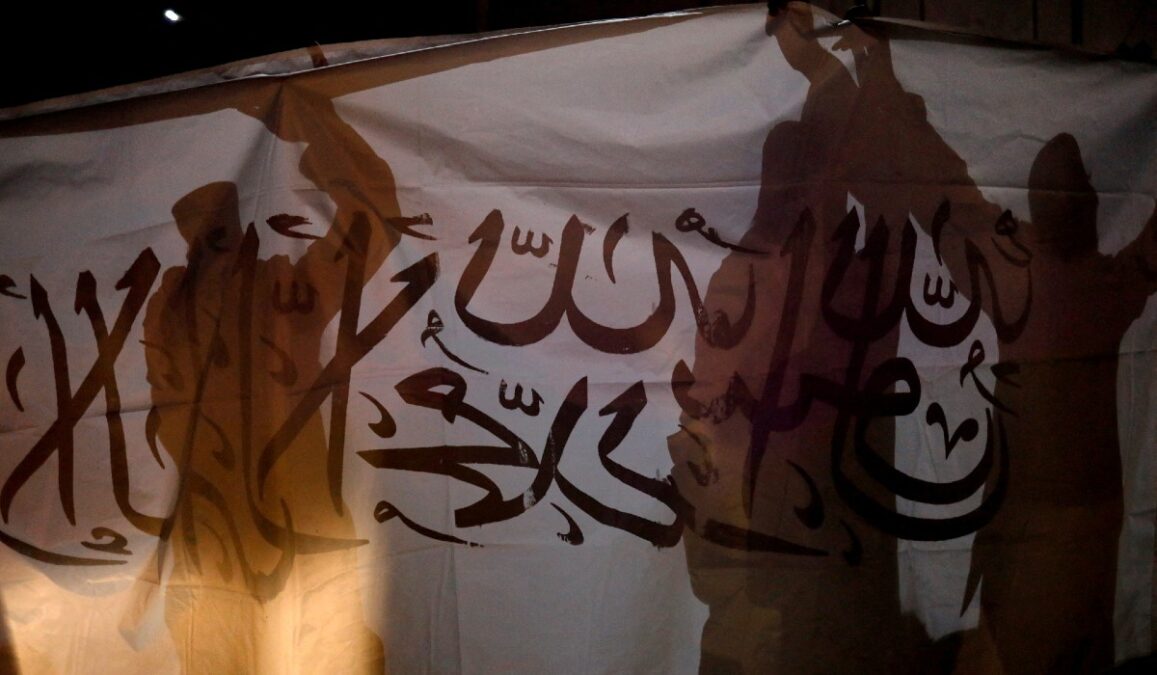The Taliban’s decision to ban the broadcast of Sufi-related content in the media has drawn criticism from religious clerics and university professors in Afghanistan, who argue that the move stifles religious diversity and promotes intolerance.
The backlash followed an eight-point directive issued on Friday by Taliban Chief Minister Mohammad Hassan Akhund, which prohibits debates among religious scholars on media platforms and specifically bans the broadcasting of Sufi topics.
In response, several university professors emphasized that Sufism offers a more tolerant interpretation of Islam, one that stands in contrast to the Taliban’s rigid approach. They noted that Sufism promotes spiritual reflection, coexistence, and tolerance in society—values that challenge the Taliban’s narrow interpretation of Islamic law.
“Sufism undermines the Taliban’s hardline understanding of Islam and opens the door to discussions on tolerance and peaceful coexistence,” said Sardar Mohammad Rahimi, a university lecturer. “Its spiritual focus contrasts with the Taliban’s rigid interpretations, which are often used to justify political control.”
The Taliban’s directive instructed religious leaders and educators to refrain from broadcasting what it described as “specialized, complicated, and detailed lessons” on Sufism, arguing that such discussions are meant for private gatherings with specific audiences.
Some Afghan citizens have also criticized the ban, accusing the Taliban of attempting to silence voices that challenge the regime’s manipulation of religion for political gain.
“The Taliban’s actions against Sufism and religious debate reflect their fear of losing control over the religious narrative,” said Momin Zia Badakhshi, a religious analyst. “Scholars have been raising concerns about the Taliban’s misuse of Islam, and their willingness to debate these issues threatens the Taliban’s authority.”
Religious experts noted that clerics in Afghanistan, particularly those aligned with Sufi traditions, have increasingly challenged the Taliban’s policies, especially in the realm of education and religious freedom, over the past three years.
Some Islamic scholars pointed out that Sufism is deeply rooted in Afghanistan’s religious fabric, particularly within the Hanafi school of thought. Many followers of the Naqshbandi order, a branch of Sufism, are practicing adherents of the Hanafi sect.
However, sources have indicated that hardline elements within the Taliban are opposed to Sufism, viewing its teachings as incompatible with the regime’s ideology.
“The Taliban is using religion as a tool to impose its own agenda, and their fear of scholars who speak the truth is growing,” said a Kabul resident. “By banning these discussions, the Taliban exposes its own weakness, showing that it is not strong enough to tolerate dissent.”





